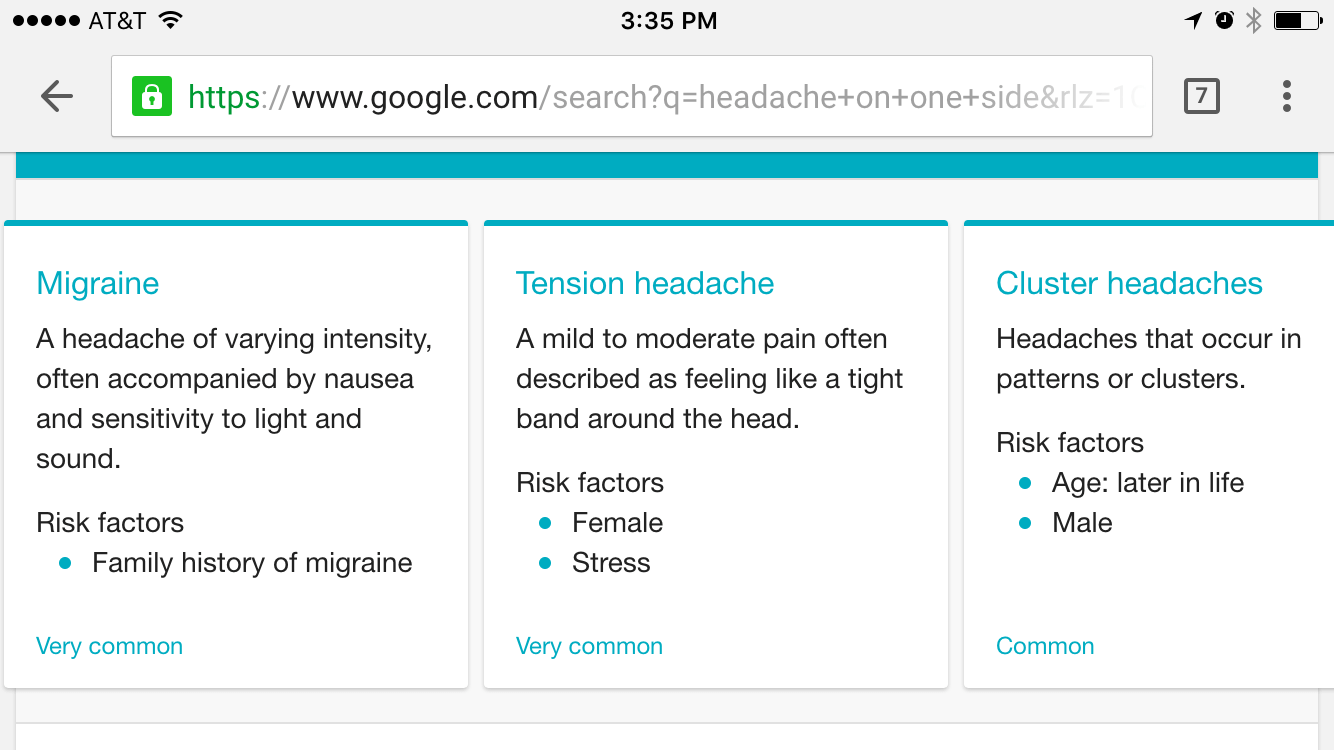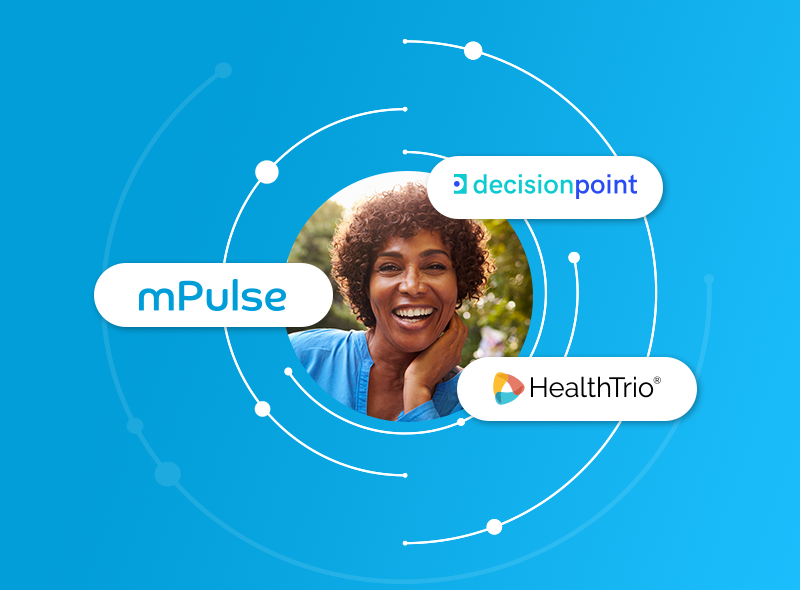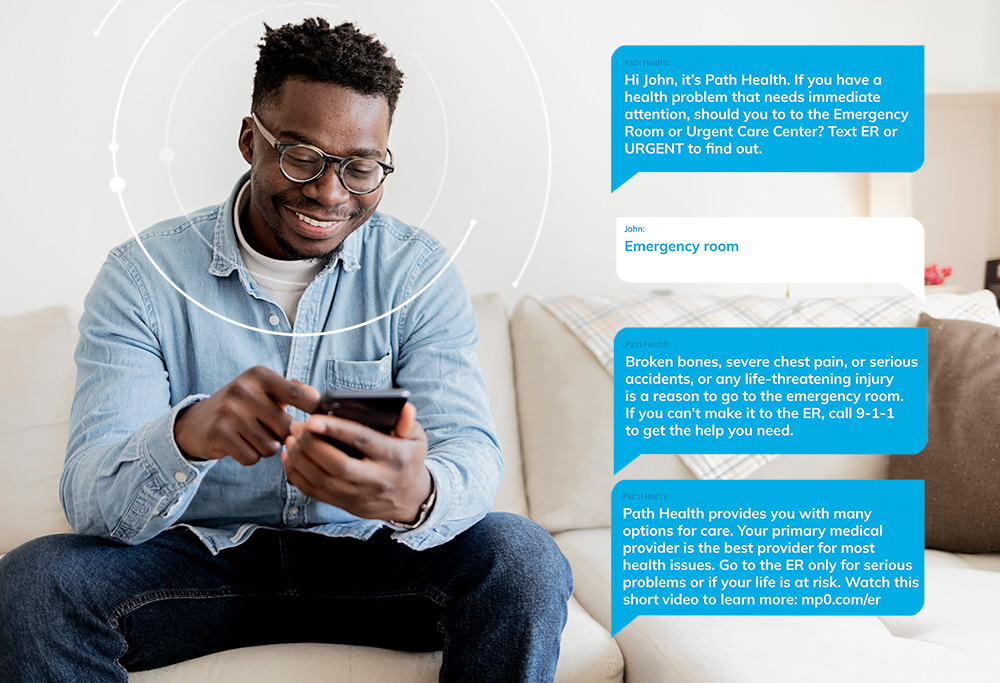Using mobile devices to look up information has become so common that people can easily forget they are even doing it. Whether looking up directions for a nearby business, looking for a quick bite to eat, tracking sports scores, reading the news while you wait for an appointment, or researching, people are constantly accessing online information through their mobile devices. Here are a few key stats:
- The average number of Google searches per second is 40,000
- Over half of Google searches are conducted on mobile devices
- About 1% of all Google searches are health symptom-related. That means about 12 billion per year or 400 per second.
This last stat is especially important. Every second, there are roughly 400 searches conducted by people likely trying to find information about why they or someone they know does not feel well. If you’ve ever conducted an online symptom search, you likely know how quickly you can go down a rabbit hole until you diagnose yourself with some rare, potentially lethal ailment.
To help symptom searchers get reliable information quickly, Google worked with a team of doctors, and experts at Harvard Medical School and Mayo Clinic to improve the types of results they show when someone searches for specific symptoms. Google then took this research and developed something called “symptom search.” From Google’s blog:
starting in the coming days, when you ask Google about symptoms like “headache on one side,” we’ll show you a list of related conditions (“headache,” “migraine,” “tension headache,” “cluster headache,” “sinusitis,” and “common cold”). For individual symptoms like “headache,” we’ll also give you an overview description along with information on self-treatment options and what might warrant a doctor’s visit. By doing this, our goal is to help you to navigate and explore health conditions related to your symptoms, and quickly get to the point where you can do more in-depth research on the web or talk to a health professional.
This is an interesting move by Google, and one that shows how seriously they take healthcare. Historically, organic search results are based on relevance to the search term and webpage popularity. It is an algorithm with little to no regular human intervention. However, in this case Google actually sought outside experts to help them determine what resources and information are most valuable, and probably least likely to cause any sort of damage, to its users. They are trying to lead users down the path to accurate, reliable information or to contact an appropriate health professional.
Google knows hundreds of people use their phones to search for information about their health every second. It is great to see Google taking seriously their responsibility to provide the best possible health information to help its users take appropriate care.
mPulse Mobile’s goals is making valuable healthcare information more accessible. We are excited to see Google align with our efforts to bring healthcare information to your fingertips.












